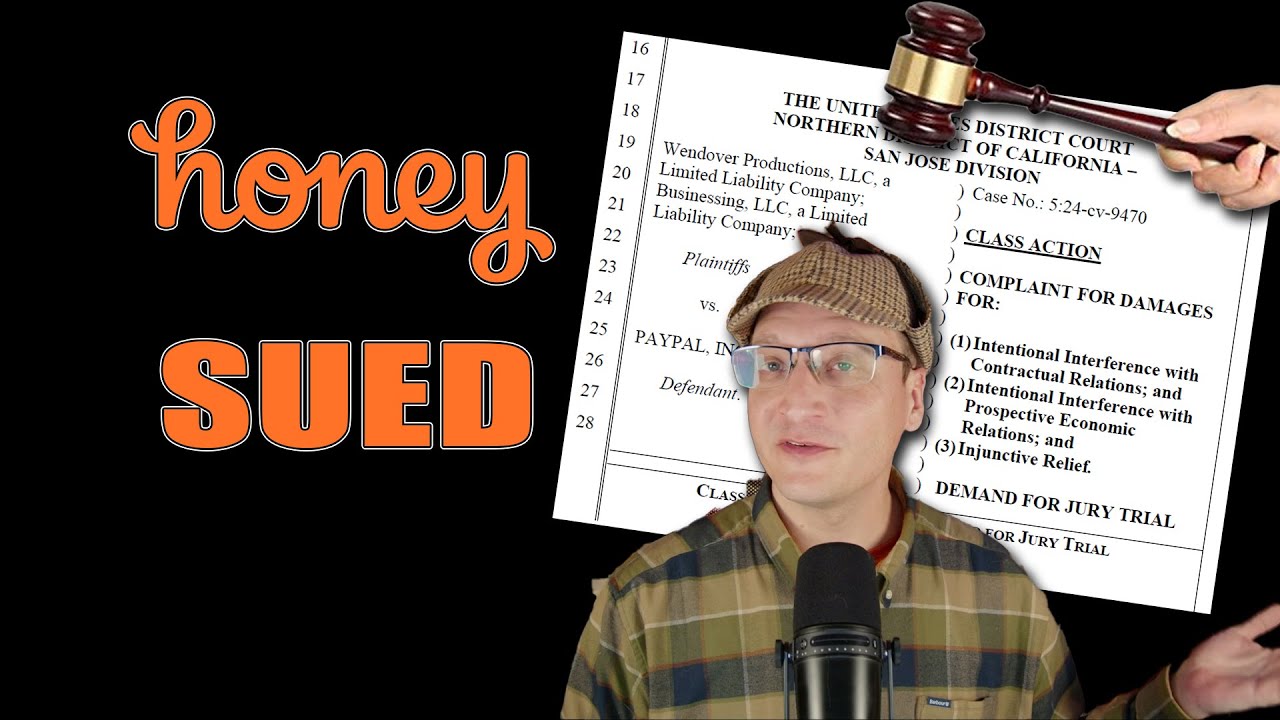Video summary: A company selling cake mix reduced the amount of dry ingredients in a mix they had been selling. (It’s not a new product, and no features of it changed except for subtle graphic design elements of the box and the weight of the dry mix.)
With pre-made cake mix, you add your own ‘wet’ ingredients (oil, egg, milk). The company reduced the amount of dry mix in the box, but still recommended that you use the previously recommended amounts of wet ingredients, so the recipe is actually different. The proportions of dry to wet ingredients has changed. They changed the recipe.
Is this fraud?
Some people use this cake mix for their own businesses. It’s incorporated into recipes they’ve made.
The girl in the video makes a good point. It seems like something that a company would do that was trying make people who regularly purchase it not notice the change. They didn’t reduce the amount of recommended wet ingredients by the amount that they were reducing the dry ingredients so that the original recipe was kept to. They have kept the original amount of recommended wet ingredients.
New customers aren’t going to know about or be affected by this change. They are just going to get a cake mix and follow the recipe.
So I think the question of why did they decide to not reduce the amount of recommended wet ingredients is important. Why would they do this?
- To help deceive existing customers
- Existing customers might be used to putting in the wet ingredients (they might not read the box anymore because they know how much they have to put in already). So they just kept the wet ingredients the same so no one was confused.
- This has backfired though because the regular user in the tiktok has noticed, and has to make adjustments now.
So I think the question of why did they decide to not reduce the amount of recommended wet ingredients is important. Why would they do this?
Actually, if fraud is not about intent, but about the fact of obtaining material values under false pretense, then why they decided to do this isn’t important. What’s important is whether they’ve got money under false pretense.
So, their product and recipe changed. Regular customers rely on the recipe and product. Were these customers informed in any obvious way that the product had changed? (Like with labelling on the packet?) no. It was done surreptitiously, and they seem to have also put effort into hiding the fact that the recipe changed (like keeping wet ingredients same as before.) In the absense of this labelling, and with the wet ingredients not changing, is it reasonable to expect that the product you’re getting hasn’t changed? I think so. But did it? Yes.
Is it reasonable as a customer to expect that you’d be notified, or it made ovbious to you that a product you buy regularly has changed? I think so.
Seems like fraud to me.
But is it fraud, or a creative adversary not initiating force? A creative adversary uses creativity to manipulate your behaviour without forcing you. They don’t seek mutual benefit, and appeal to your reason, they seek to exploit weaknesses of yours to behave in a way beneficial to them yet not force you. An example is a casino putting lots of effort into psychological research for a higher chance of getting you hooked on gambling. What would that look like in this situation? Not sure exactly, I can’t see how this situation resembles that. It seems more fraud-like.


